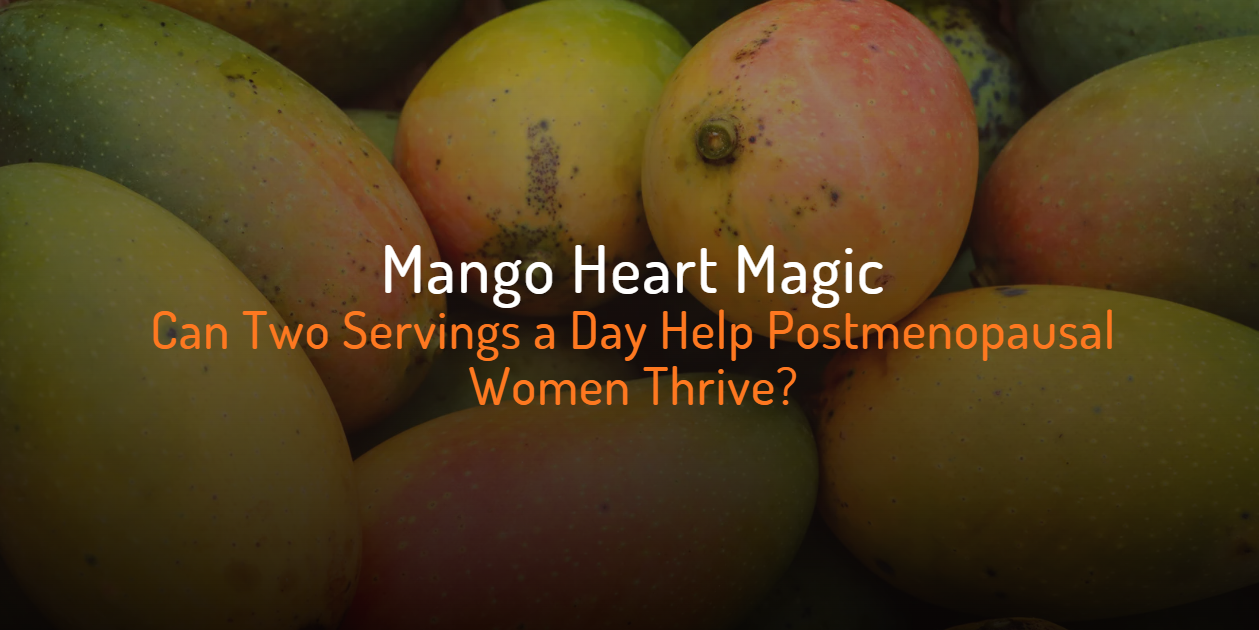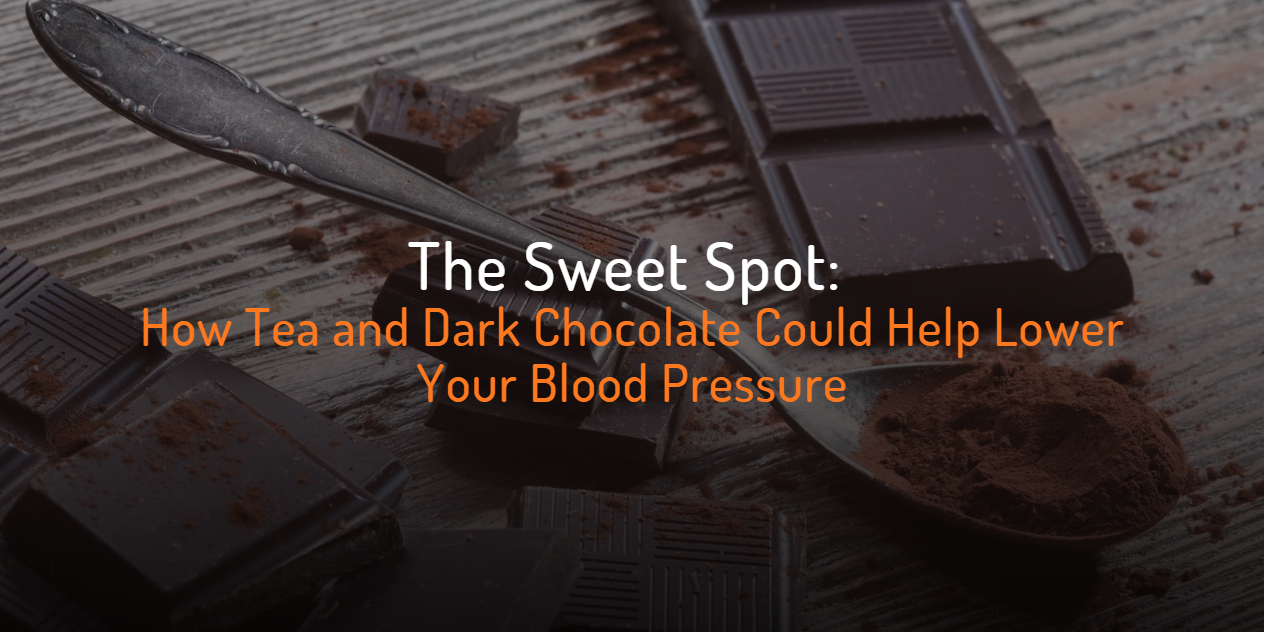

Chanel Willemse
General Manager
14 May, 2025
Your heart is a tireless worker, beating around 3 billion times over your lifetime to keep you alive and thriving. But how often do we stop and think about taking care of it? For something so vital, it’s easy to overlook – until there’s a problem.
Here’s a wake-up call: Cardiovascular disease remains the leading cause of death globally, claiming an estimated 17.9 million lives each year. That’s nearly one-third of all deaths worldwide.
And the truth is, heart health isn’t just a concern for older adults or those with existing conditions. It’s essential for everyone – whether you’re a marathon runner, a busy professional, or someone juggling family and work life.
The good news? Protecting your heart doesn’t require an extreme makeover. Small, consistent changes in your lifestyle can have a profound impact on your cardiovascular wellness.
Let’s dive into what you can do today to keep your heart beating strong for years to come.
Why Heart Health Matters
Your heart is more than just a symbol of love – it’s the engine that keeps your body running. Every beat pumps oxygen-rich blood to your organs, delivers vital nutrients to your cells, and clears out waste products to keep everything functioning smoothly. Without it, your body’s intricate systems would come to a halt.
But here’s the thing: your heart works hard for you every second of the day, and when it’s neglected, the risks can be life-altering.
The Risks of Neglecting Heart Health
When your heart isn’t in peak condition, it can set off a chain reaction of health problems:
- Heart Disease: This includes conditions like coronary artery disease, which can narrow or block the arteries, reducing blood flow to the heart and increasing your risk of a heart attack.
- Stroke: High blood pressure or unhealthy cholesterol levels can lead to blood clots, which may block blood flow to the brain, resulting in a stroke.
- High Blood Pressure (Hypertension): Known as the "silent killer," hypertension often shows no symptoms but can significantly damage your heart and arteries over time.
The Numbers Don’t Lie:
Globally, heart disease accounts for 31% of deaths, with over 75% of these occurring in low- and middle-income countries.
The Power of Prevention
Here’s the good news: you have more control over your heart health than you might think. Most cardiovascular diseases are preventable through simple, sustainable lifestyle choices. By focusing on prevention, you can significantly lower your risk of heart disease and live a longer, healthier life.
Lifestyle Choices That Protect Your Heart
- Eating a Balanced Diet: Include heart-friendly foods like fruits, vegetables, whole grains, and healthy fats.
- Staying Active: Regular exercise strengthens your heart and improves circulation.
- Managing Stress: Chronic stress can wreak havoc on your heart, so finding ways to unwind is key.
- Prioritising Sleep: Quality sleep helps regulate blood pressure and reduces stress on your heart.
- Regular Check-Ups: Monitoring your blood pressure, cholesterol, and overall health can catch potential issues early.
Your heart has been there for you since day one. Taking a few small steps to care for it can make all the difference in ensuring it stays strong for the years ahead.
Key Factors That Affect Heart Health
Your heart is a tough little organ, but it’s not invincible. The choices you make every day – from what you eat to how you manage stress – play a huge role in determining how well it performs over time. Let’s break down the biggest factors that impact your heart health and how to take control of them.
1. Diet: The Fuel Your Heart Needs
What you put on your plate has a direct impact on your heart. A balanced diet can lower cholesterol, regulate blood pressure, and reduce inflammation – all of which keep your cardiovascular system running smoothly.
- Healthy Fats: Found in avocados, nuts, seeds, and fatty fish like salmon, omega-3 fatty acids reduce inflammation and improve cholesterol levels.
- Whole Grains: Oats, quinoa, and brown rice are packed with fibre, which helps lower LDL (bad cholesterol).
- Fruits and Veggies: Rich in antioxidants and potassium, they support healthy blood pressure. Think berries, leafy greens, bananas, and sweet potatoes.
- Legumes: Lentils, beans, and chickpeas are excellent plant-based protein sources that help reduce cholesterol.
- Trans Fats: Found in processed snacks and fast food, these can raise bad cholesterol and lower good cholesterol.
- Added Sugars: Excess sugar can increase triglycerides and contribute to weight gain – both risk factors for heart disease.
- High Sodium Foods: Too much salt can lead to high blood pressure, so go easy on processed foods and salty snacks.
2. Exercise: A Workout for Your Heart
Your heart is a muscle, and just like your biceps, it needs regular exercise to stay strong. Physical activity improves blood flow, strengthens the heart, and lowers your risk of cardiovascular disease.
How Much Is Enough?
- Aim for at least 150 minutes of moderate exercise (like brisk walking) or 75 minutes of vigorous activity (like running or cycling) per week.
- Strength Training: Add resistance exercises twice a week to boost overall circulation and metabolism.
- Everyday Movement: Even small bursts of activity – like taking the stairs or a 10-minute walk after meals – can make a big difference.
Why It Works:
Exercise lowers blood pressure, boosts good cholesterol (HDL), reduces stress, and helps you maintain a healthy weight – all key for heart health.
3. Stress Management: Keep Calm and Love Your Heart
Chronic stress is like a slow burn for your heart. When you’re stressed, your body releases cortisol and adrenaline, which increase heart rate and blood pressure. Over time, this can strain your heart and blood vessels.
Signs Stress Is Affecting Your Heart:
- Frequent headaches or chest tightness.
- Trouble sleeping or constant fatigue.
- Emotional changes like irritability or feeling overwhelmed.
What You Can Do:
- Mindfulness: Practices like meditation, yoga, or even 5 minutes of deep breathing can lower cortisol levels.
- Prioritise Joy: Spend time doing activities you love, whether it’s gardening, reading, or catching up with friends.
- Disconnect: Take regular breaks from your phone or work emails to recharge.
4. Sleep: Your Heart’s Nightly Reset
Sleep isn’t just for beauty – it’s essential for a healthy heart. Poor sleep quality can lead to high blood pressure, obesity, and increased inflammation, all of which strain your cardiovascular system.
The Sweet Spot:
- Adults should aim for 7–9 hours of sleep per night.
- Poor sleep disrupts your body’s natural rhythms, which can cause irregular heartbeats and impact your blood pressure.
- Stick to a Schedule: Go to bed and wake up at the same time every day.
- Create a Sleep Sanctuary: Dark, cool, and quiet is the way to go.
- Limit Stimulants: Avoid caffeine and screens at least 1–2 hours before bed.
5. Smoking and Alcohol: Why Moderation (or None) Is Key
Smoking:
Tobacco use is one of the most damaging habits for your heart. [Smoking](https://pmc.ncbi.nlm.nih.gov/articles/PMC6527044/#:~:text=Alcohol%20consumed%20to%20excess%20over,general%20population%20(Klatsky%20et%20al.) damages the lining of your arteries, leading to plaque buildup, and raises your risk of heart attacks and strokes.
What Happens When You Quit?
- Within 20 minutes, your heart rate drops.
- After 1 year, your risk of heart disease is half that of a smoker’s.
- After 15 years, your heart disease risk matches that of a non-smoker.
Alcohol:
Moderate drinking may have some benefits, like raising good cholesterol, but too much alcohol can raise blood pressure and lead to weight gain.
Know Your Limits:
- For women: Up to 1 drink per day.
- For men: Up to 2 drinks per day.
Recognising Warning Signs of Heart Problems
Your heart is excellent at keeping you alive, but when something’s wrong, it often sends out warning signals. The tricky part? These symptoms can sometimes feel subtle or easy to dismiss. Paying attention to these signs and acting quickly could save your life.
Common Symptoms of Heart Problems
-
Chest Pain or Discomfort
Often described as a tightness, pressure, or squeezing sensation in the chest, this classic sign of heart trouble shouldn’t be ignored.
What to Watch For: Pain that occurs during activity or stress and eases with rest could indicate angina, a sign of reduced blood flow to the heart. -
Shortness of Breath
Struggling to catch your breath during normal activities or even while resting can be a red flag.
What to Watch For: Breathlessness that’s accompanied by fatigue, dizziness, or chest discomfort. -
Unusual Fatigue
Feeling exhausted after minimal activity or experiencing persistent, unexplained fatigue could point to underlying heart issues.
What to Watch For: Sudden fatigue that feels disproportionate to your usual energy levels or lingers for days. -
Swelling in the Legs, Ankles, or Feet
Swelling in the lower extremities can be a sign that your heart isn’t pumping blood effectively, leading to fluid buildup.
What to Watch For: Persistent swelling, especially if accompanied by weight gain or difficulty breathing. -
Irregular Heartbeat or Palpitations
Feeling like your heart is skipping beats, racing, or fluttering can indicate arrhythmias – abnormal heart rhythms that require medical attention.
When to Seek Medical Advice
If you experience any of these symptoms, it’s crucial not to ignore them. While not all signs point to immediate danger, early detection and treatment can prevent more serious issues.
Call Your Doctor If:
- Symptoms persist or worsen over time.
- You notice patterns, such as breathlessness after mild exertion or chest discomfort during activity.
Seek Emergency Help If:
- You experience sudden, intense chest pain or pressure, especially if it radiates to your arms, neck, jaw, or back.
- You feel faint, dizzy, or lose consciousness.
- You have severe shortness of breath or swelling that makes breathing difficult.
The Role of Supplements in Supporting Heart Health
When it comes to keeping your heart healthy, supplements can play a valuable supporting role – like the sidekick to your heart-healthy habits. They’re not a replacement for a balanced diet, regular exercise, or stress management, but the right supplements can help fill nutritional gaps and give your heart the extra care it deserves.
Key Supplements for Heart Health
- Omega-3 Fatty Acids
Omega-3s are the unsung heroes of heart health. Found naturally in fatty fish like salmon and mackerel, these essential fatty acids work to:
- Reduce Inflammation: Chronic inflammation is a key factor in heart disease, and omega-3s help keep it in check.
- Lower Triglycerides: These fats in your blood can raise your risk of heart problems, but omega-3s help keep them under control.
- Support Heart Rhythm: Omega-3s can stabilise heart rhythms and reduce the risk of arrhythmias.
💡 Tip: If fish isn’t a regular part of your diet, a high-quality fish oil supplement can help you meet your omega-3 needs.
-
Magnesium Magnesium is a multitasking mineral that plays a crucial role in regulating your heart’s rhythm and maintaining healthy blood pressure.
- Relax Your Blood Vessels: Magnesium helps your blood vessels relax, which improves circulation and lowers blood pressure.
- Support Heartbeat Regularity: It ensures that your heart muscles contract and relax properly for a steady rhythm.
💡 Tip: Foods like spinach, almonds, and dark chocolate are rich in magnesium, but if you’re not getting enough, a supplement might be a smart addition.
-
Coenzyme Q10 (CoQ10) CoQ10 is a naturally occurring antioxidant that your body uses to produce energy in cells – particularly in energy-hungry organs like your heart.
- Boost Cellular Energy: CoQ10 supports the mitochondria (the power plants of your cells) to keep your heart pumping efficiently.
- Protect Against Oxidative Stress: It reduces damage from free radicals, which can contribute to heart disease.
- Support Cholesterol Management: Some studies suggest CoQ10 can counteract side effects of statins, a medication commonly used to lower cholesterol.
💡 Tip: CoQ10 levels naturally decline with age, so supplementation can be particularly beneficial for older adults.
Supplements: A Supporting Act, Not the Star
It’s important to remember that no supplement can replace the foundation of a heart-healthy lifestyle: a balanced diet, regular exercise, stress management, and quality sleep. Supplements are exactly that – supplements. They enhance and complement your efforts but can’t do the heavy lifting on their own.
By combining lifestyle changes with the right nutrients, you can give your heart everything it needs to thrive.
Personalised Nutrition: One Size Doesn’t Fit All
Your heart is as unique as you are, and so are your nutritional needs. While omega-3s, magnesium, and CoQ10 are great for heart health, not everyone needs the same amounts or combinations. This is where personalised nutrition makes all the difference.
Why It Matters:
- Your age, activity level, diet, and health goals all impact the type and amount of nutrients your heart requires.
- Personalised vitamins take the guesswork out, ensuring you get exactly what your body needs – no more, no less.
Take the Next Step:
No two hearts are the same, so why should your approach to heart health be one-size-fits-all? Personalised vitamins can help you address your unique nutritional needs and keep your heart in top shape.
Ready to take control of your heart health? Take our Personalised Vitamin Quiz to discover a plan tailored to your wellness goals and keep your heart beating strong for years to come. ❤️
Final Thoughts: Your Heart Deserves the Best
Your heart is more than just an organ; it’s the rhythm of your life. It works tirelessly every second of every day to keep you going – through moments of joy, challenges, and everything in between. Taking care of it doesn’t have to be complicated or overwhelming.
Small, intentional changes – like eating nutrient-dense foods, staying active, managing stress, and prioritising sleep – can make a world of difference. And when combined with smart supplementation and personalised nutrition, you can give your heart the tailored support it truly deserves.
Remember, heart health isn’t just about living longer; it’s about living better. A healthy heart means more energy, fewer worries, and the ability to embrace life with confidence and vitality.
Take the first step today. Whether it’s adding heart-healthy foods to your plate, going for that brisk walk, or exploring your personalised nutrition needs, every choice counts.
Your heart has been there for you from the start – now’s the time to give it some love back.
Ready to take control of your heart health? Take our Personalised Vitamin Quiz and discover how small changes can lead to big results for your wellness journey.

